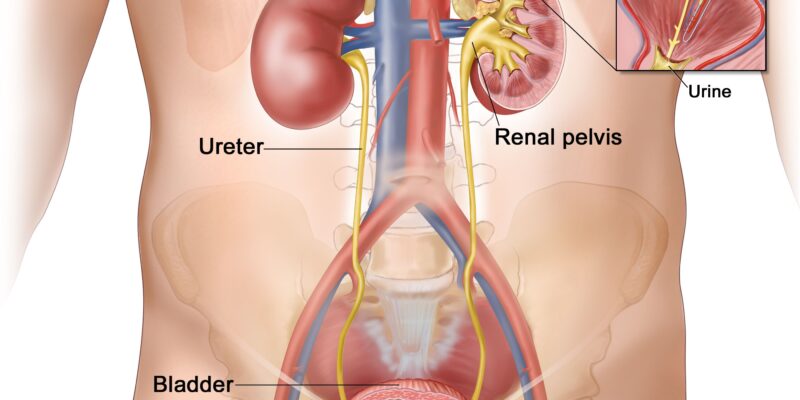
Kidney stones are a common problem that affects millions of people globally, causing discomfort, pain, and sometimes, severe complications. As part of our body’s urinary system, the kidneys play a critical role in filtering waste and excess fluids from our bloodstreams and expelling them in the form of urine. However, when certain minerals and salts accumulate in the kidneys, they can crystallize and form tiny stones. If left untreated, these stones can develop into more extensive structures that block the urinary tract and cause extreme pain. While the direct cause of kidney stones is not always known, a poor diet, dehydration, and digestive health issues can all contribute to their formation.
Time to Rock the Kidneys
Kidney stones can be a real pain in the, well, kidneys. They’re not only uncomfortable and inconvenient, but can also be dangerous if left untreated. That’s why it’s important to know the ins and outs of this pesky condition. Fortunately, medical science has some tricks up its sleeve when it comes to treating kidney stones, one of which is the extracorporeal shock wave lithotripsy (ESWL) procedure. This fancy-sounding treatment uses shock waves. It’s a non-invasive procedure that’s performed on an outpatient basis, so no need to worry about a long hospital stay.
Taming the Beast
Kidney Stones can often feel like a cruel trick played on us by our own bodies. But don’t worry, there are ways to tame the beast and prevent future attacks. One effective method is extracorporeal shock wave lithotripsy, or ESWL for short. It’s like a superhero swooping in to save the day! But of course, prevention is always better than cure. Staying hydrated, eating a balanced diet, and avoiding high oxalate foods (like spinach and chocolate) can greatly reduce your risk of forming kidney stones.
Kidney stones can be extremely painful and stressful to deal with. However, taking care of your digestive health can play a significant role in preventing their formation. Incorporating a healthy and balanced diet, staying well hydrated, and engaging in regular exercise can help reduce the risk of developing kidney stones. It’s important to listen to your body and seek medical attention if you experience any concerning symptoms related to kidney stones. By taking proactive measures, you can reduce your risk of developing kidney stones and ensure good digestive health.











